Cancer is a bigger threat to diabetics than heart disease
By naturopath Margaret Jasinska
Heart disease is a concern for most diabetics, but did you know that cancer has overtaken cardiovascular disease as the biggest killer of both type 1 and type 2 diabetics? The majority of type 2 diabetics are taking cholesterol lowering medication and are concerned about their heart. It’s important to be aware of the risks of high blood sugar and elevated blood insulin. Both can act as fertilizer for cancer cells.
This finding comes from data out of the UK, but aligns with statistics in the US and Australia. The Imperial College London team compared data from 314,000 age and gender matched pairs of patients with and without diabetes. The researchers noticed there was an absolute decline in specific causes of death among those with diabetes. Fewer died from ischaemic heart disease, stroke and diabetes. The proportion of deaths caused by vascular disease (heart attacks and strokes) dropped from 44 percent to 24 percent during the study period. The proportion of deaths due to cancer increased from 22 percent to 28 percent in the diabetes group. The research was published in the journal Lancet Diabetes and Endocrinology.
A 2016 study published in the journal Diabetes Care showed that between 2000 and 2011, rates of all cause, cardiovascular and diabetes deaths, but not cancer deaths, declined significantly in Australian patients with type 1 and type 2 diabetes. According to Harvard clinical epidemiologist Assistant Professor Mingyang Song, enhanced cancer prevention measures should be considered for patients with diabetes, including early cancer screening as well as behavioural interventions.
Several earlier studies have shown that having elevated blood levels of insulin increases the risk of cancer and increases the aggressiveness of cancer. The majority of type 2 diabetics have high insulin, and type 1 diabetics often need to increase their use of insulin as the years go by and they become insulin resistant. You can ask your doctor for a blood test to check your insulin level. Clues that you might have elevated insulin include being a type 2 diabetic, having polycystic ovarian syndrome or carrying excess fat around your waist. We need some insulin but too much isn’t good because it makes cells grow. Insulin is a growth promoting hormone. That’s good if you’re a teenager or pregnant but bad if you’re trying to fight cancer. Other research has shown that women with type 2 diabetes are more likely to get diagnosed with breast cancer at a younger age, when cancer tends to be more aggressive.
It’s important to not have elevated blood levels of insulin or glucose. Here are some strategies that can help:
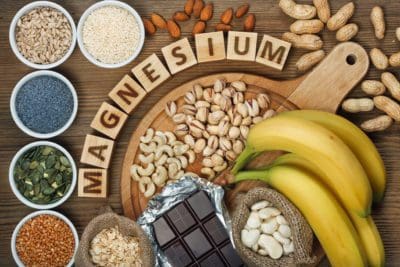
There are certain nutrients that help to make insulin more effective in your body.
This is a good thing because if it’s more effective, you won’t need to secrete as much of it into your bloodstream. The most important nutrients for insulin action are chromium and magnesium. You have probably heard that chromium helps to reduce sugar cravings and it’s true. It does this by helping to keep your blood sugar stable throughout the day. Chromium deficiency is incredibly common because not many foods are a good source of this mineral. Also when you eat sugar or high carb foods, it flushes chromium out of your body through your urine. Shellfish, meat and vegetables contain chromium. Magnesium is also necessary for healthy insulin action. People who take blood pressure medication or diuretics (fluid tablets) are typically low in magnesium. Magnesium helps to relax your nervous system and makes you feel less stressed. Thus it is fantastic for people who eat when they feel stressed. Green leafy vegetables are a good source of magnesium.
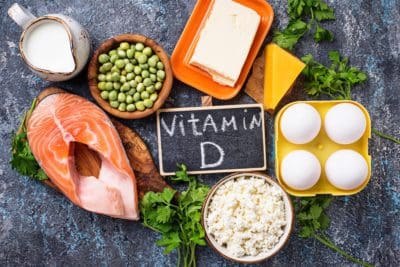
Make sure you’re not vitamin D deficient.
You should ask your doctor for a vitamin D blood test. The majority of my patients are low in this important nutrient. Being vitamin D deficient worsens insulin resistance and it weakens the immune system, raising the risk of cancer. Many people cannot get sufficient sunshine to manufacture enough vitamin D.
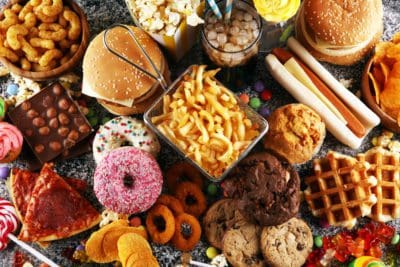
Minimise foods and drinks in your diet that cause high insulin secretion.
These include sugar, flour, grains, cereals, starches and alcohol. If you base your diet on animal protein, natural fats and vegetables, you should feel more satiated and sugary foods won’t be as tempting. For more information see the book Diabetes Type 2: You can reverse it naturally.

Improve the health of your liver.
A healthy liver is very important for blood sugar control. This is because the liver can store glucose and fat, and also produce glucose and fat. You want your liver to be good at fat burning. People with a healthy liver have a fast metabolism and don’t gain weight as easily. Unfortunately a lot of people have a fatty liver and their liver is doing the opposite of what it should be doing – it is very busy making fat. A healthy liver also helps to control your blood sugar level. If you have not eaten for several hours, your liver is supposed to release some stored glucose into your bloodstream to give you energy and keep hunger at bay. People with a sluggish liver struggle with this and they often feel excessively hungry, weak or irritable if they have gone several hours without food. It makes sticking to a diet extremely difficult! To help improve your liver health I recommend you follow the diet in the book Fatty Liver You Can Reverse It. It is not a difficult eating plan to stick to and you should not feel hungry.


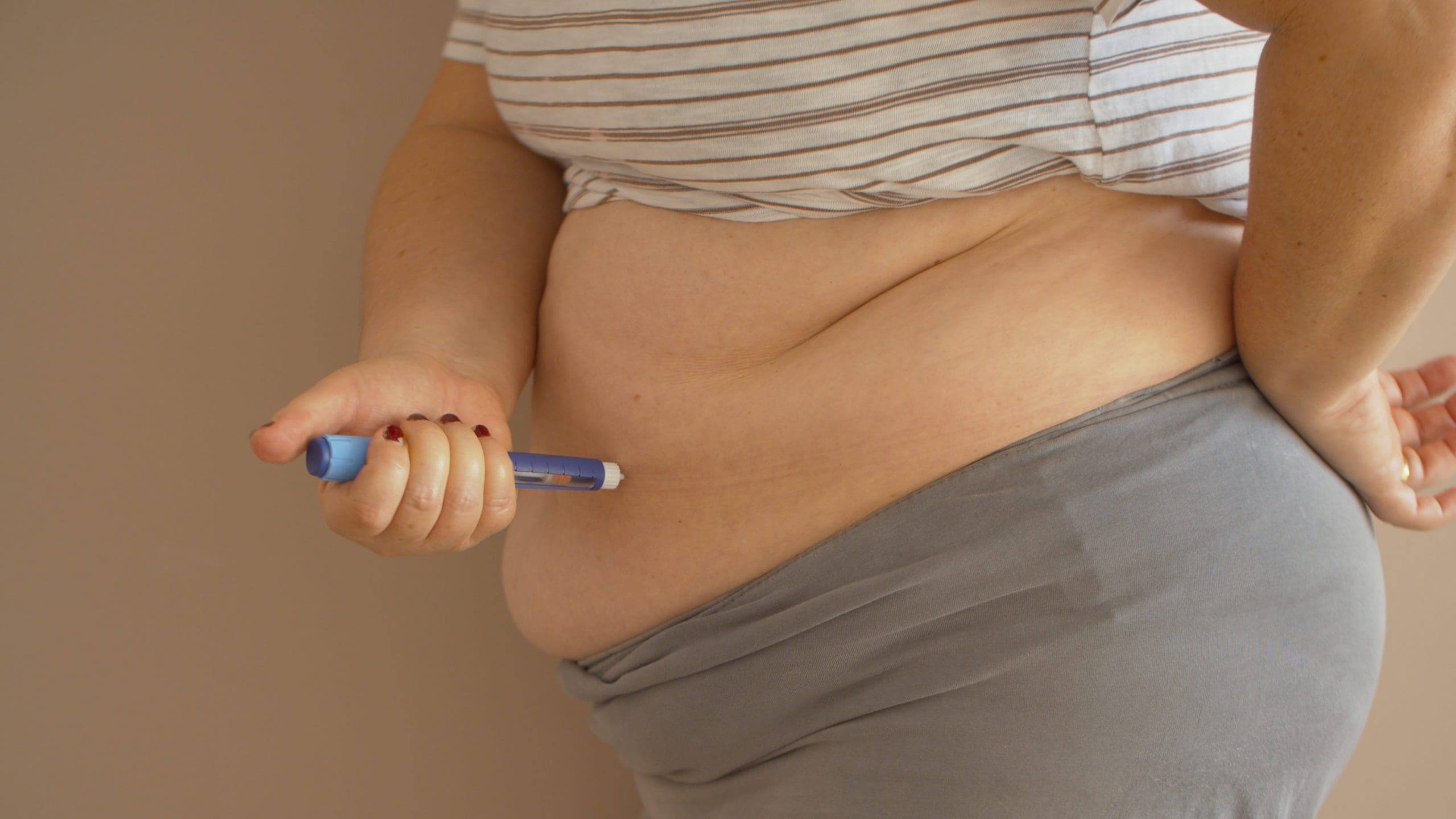


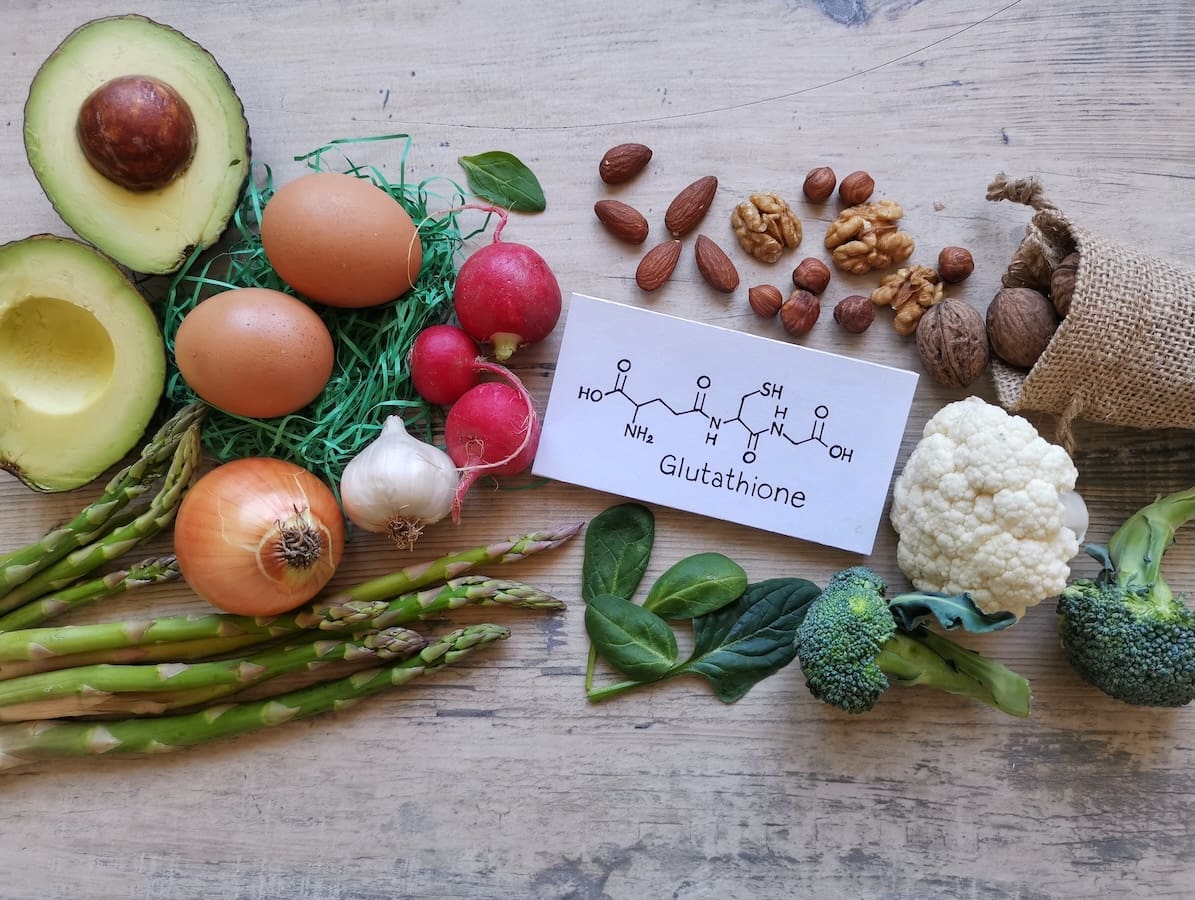
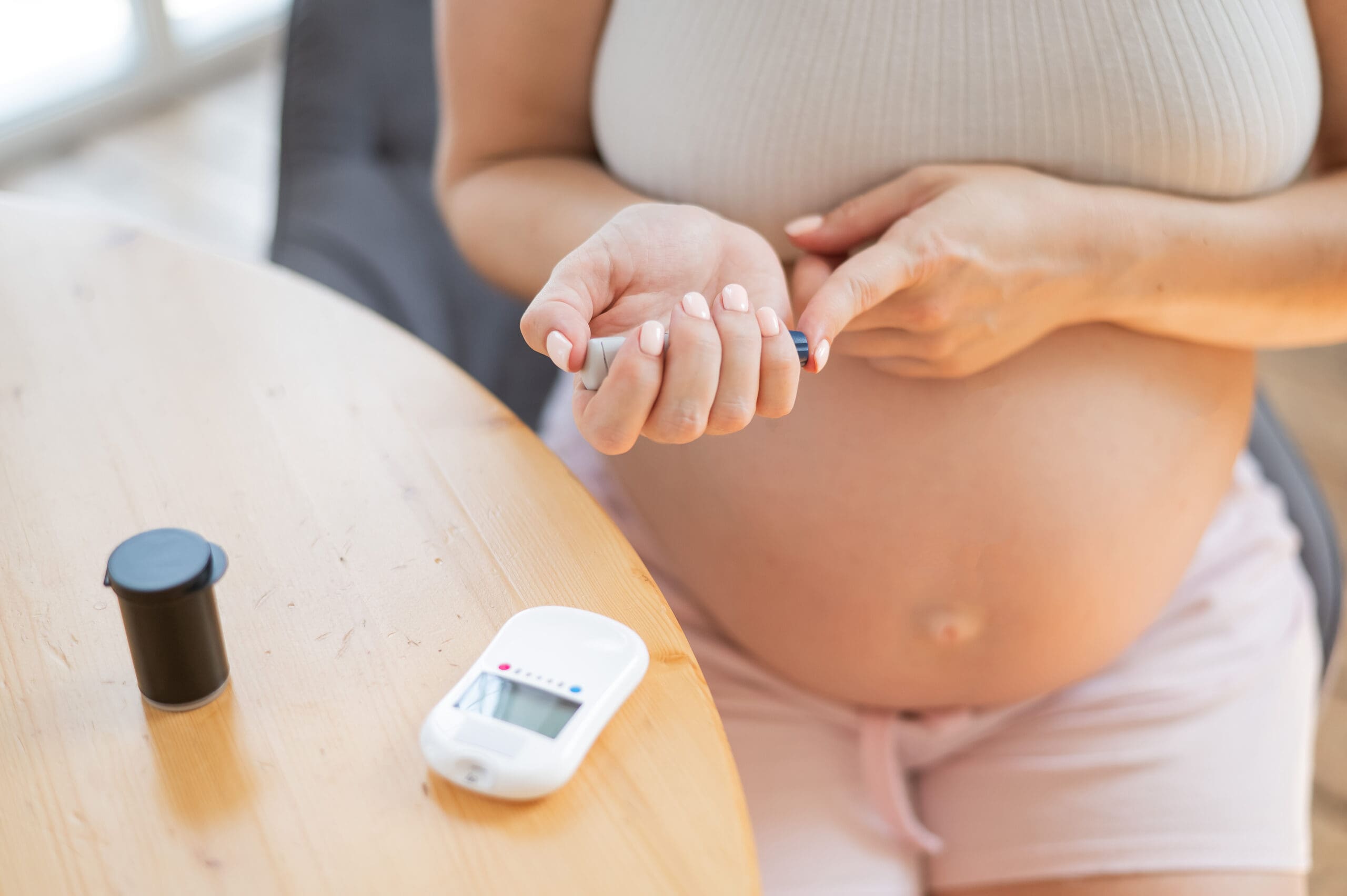

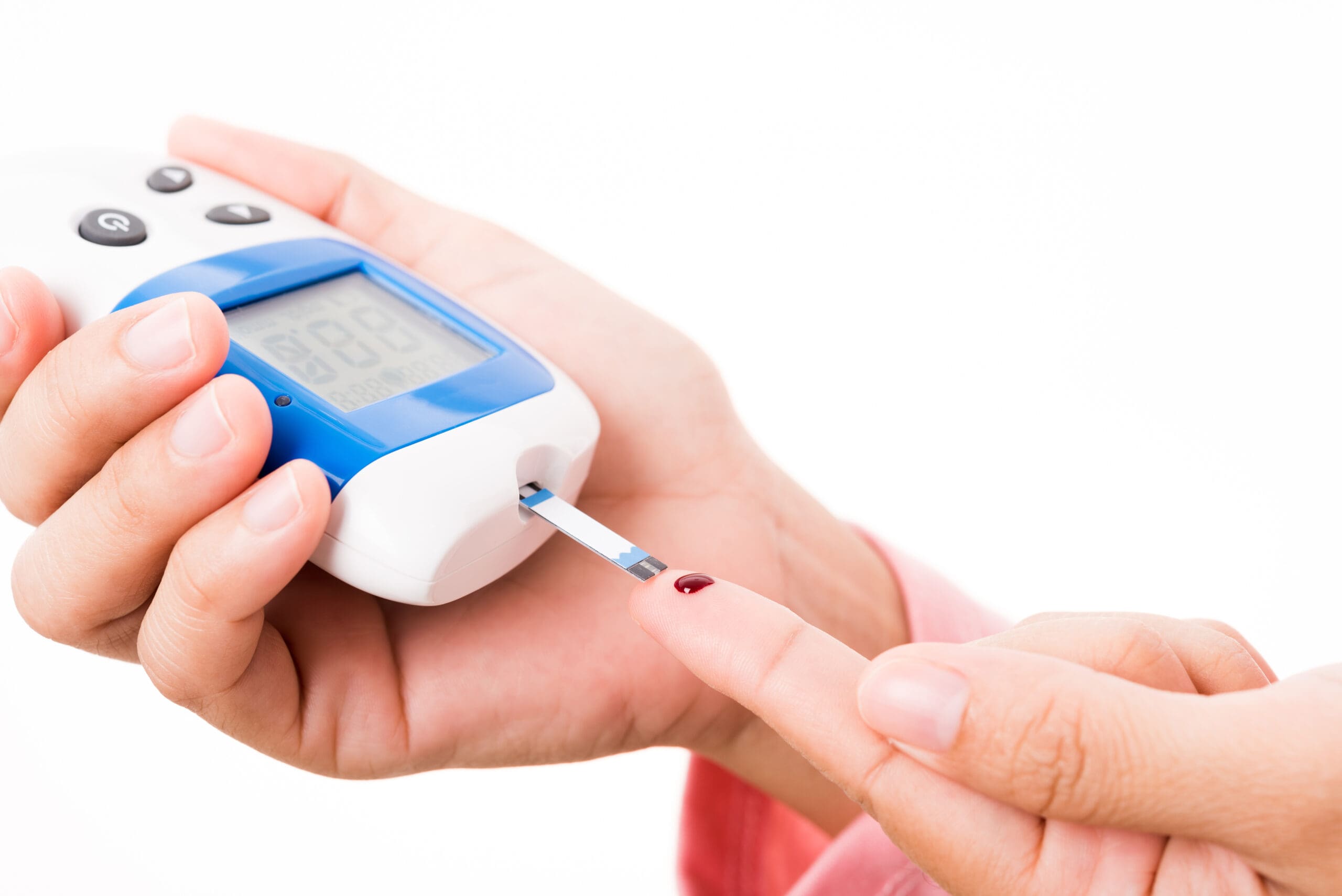
Leave A Comment